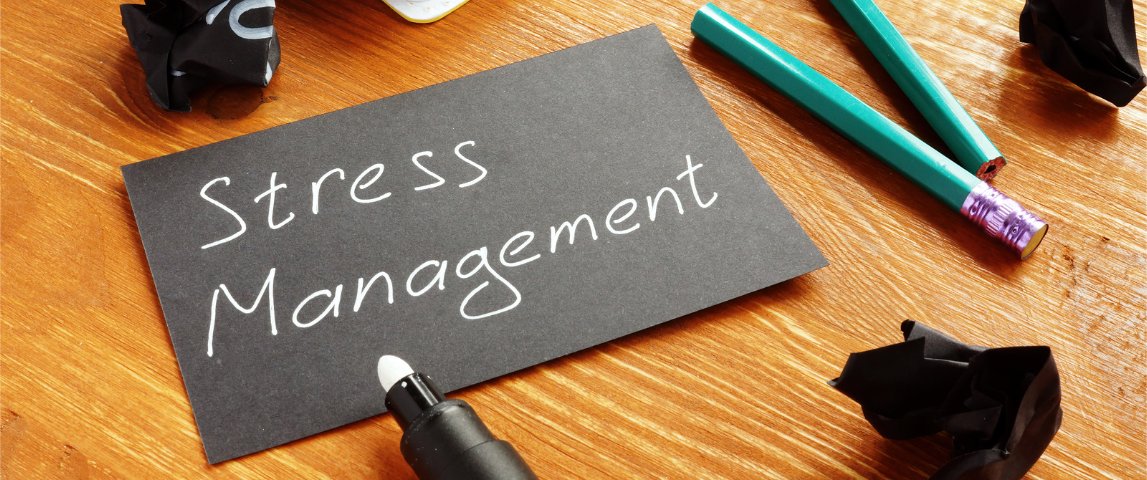7 Proven Stress Management Techniques for Employee Well-Being
4 minutes to read

Contents
Introduction
Stress is a common issue in the workplace that can significantly impact employees’ mental and physical health. According to recent surveys, a large number of workers experience stress on the job, leading to burnout, reduced productivity, and an increased risk of chronic health problems.
In this article, we will explore seven proven techniques for coping with work-related stress and promoting mental well-being for employees.
Understanding Stress
Work-related stress is the adverse reaction people have to excessive pressures or demands placed on them at work. Stress affects individuals differently, with varying levels of tolerance. It can lead to anxiety, irritability, and lower self-esteem, making it crucial to gain a clear understanding of how stress manifests in each individual.Causes of Workplace Stress
Numerous factors contribute to workplace stress, such as:- Inadequate resources, such as insufficient time or the right tools, to fulfill responsibilities effectively.
- The sense of lacking support, which can add pressure to staff members.
- Unrealistic demands, such as unattainable targets, that create undue stress.
- Work assigned without adequate training or support, leading to feelings of inadequacy.
- Conflict or strained relationships in the workplace, causing tension and stress.
- Concerns about job security, which can lead to anxiety and uncertainty.
- Instances of workplace bullying, resulting in emotional distress and heightened stress levels.
- It is concerning that a significant 79% of individuals frequently experience work-related stress, indicating the widespread nature of this issue.
Impact of Workplace Stress
Inadequate stress management can lead to detrimental short- and long-term consequences for employees.
Individuals may struggle with sleep difficulties or experience poor-quality sleep, negatively affecting their concentration, productivity, and increasing the likelihood of making mistakes. As a result, they may exhibit short-tempered or irritable behavior, potentially straining interpersonal relationships.
Excessive stress levels can contribute to the development of mental health disorders, such as anxiety and depression, and physical ailments like ulcers and heart attacks.
Businesses also bear the brunt of work-related stress, experiencing reduced employee output, higher rates of sickness, and increased employee turnover. Research indicates that in the UK, 13.7 million working days are lost annually due to work-related stress, anxiety, and depression, amounting to a significant cost of £28.3 billion per year.
7 Strategies for Stress Management
-
Recognize Stress Triggers
Identifying personal stress triggers is the first step in combating workplace stress. Each individual has unique stressors, and by pinpointing them, employees can take steps to avoid or reduce them. Strategies may include better workload prioritization, task delegation, or discussing adjustments with their manager.
-
Achieve Work-Life Balance
Promoting a healthy work-life balance is crucial for stress management. It may not necessarily mean equal balance, especially for those passionate about their careers, but it involves allocating sufficient time for personal well-being and disconnecting from work when needed.
-
Incorporate Exercise into Daily Life
Regular exercise is an excellent stress management technique to improve mood and relaxation. Finding enjoyable physical activities, even outside the office, can help employees stay active and reduce stress.
-
Seek Support and Communication
Confiding in others can reduce stress levels. Employees should find a trusted colleague, utilize employee assistance programs, or talk through their challenges with someone they trust. It can also lead to greater self-awareness and emotional understanding.
-
Increase Self-Awareness
Developing self-awareness regarding stress tolerance levels, triggers, and emotional and physical responses is essential. Noting how stress manifests physically and emotionally can help employees manage stress more effectively.
-
Prioritize Regular Breaks
Taking breaks throughout the workday is crucial for managing workplace stress. Short breaks for stretching, chatting with colleagues, or engaging in enjoyable activities can recharge and improve overall productivity.
-
Embrace Self-Care Practices
Self-care is essential for managing stress in general. Encouraging good quality sleep, a balanced diet, relaxation techniques like mindfulness and yoga, and engaging in hobbies or enjoyable activities can enhance resilience and well-being.
Work-related stress negatively affects individuals and businesses daily, but there are effective strategies to prevent and manage it. By identifying stress triggers, maintaining a healthy work-life balance, incorporating exercise, seeking support, increasing self-awareness, taking regular breaks, and prioritizing self-care, employees can better manage their stress levels, improve overall health, and increase productivity.
While individuals play a role in stress management, employers also have a duty of care to reduce workplace stress. By providing a supportive environment, flexible work arrangements, and encouraging employee well-being, companies can create a healthier and more productive workplace for all.
Promoting mental well-being and stress reduction is vital for fostering a positive work culture and ensuring the overall success and happiness of employees.
CONNECT WITH US TO ENHANCE YOUR WORKPLACE HEALTH AND SAFETY TRAINING.
Let’s Talk


